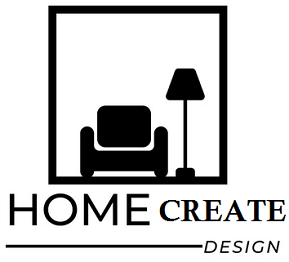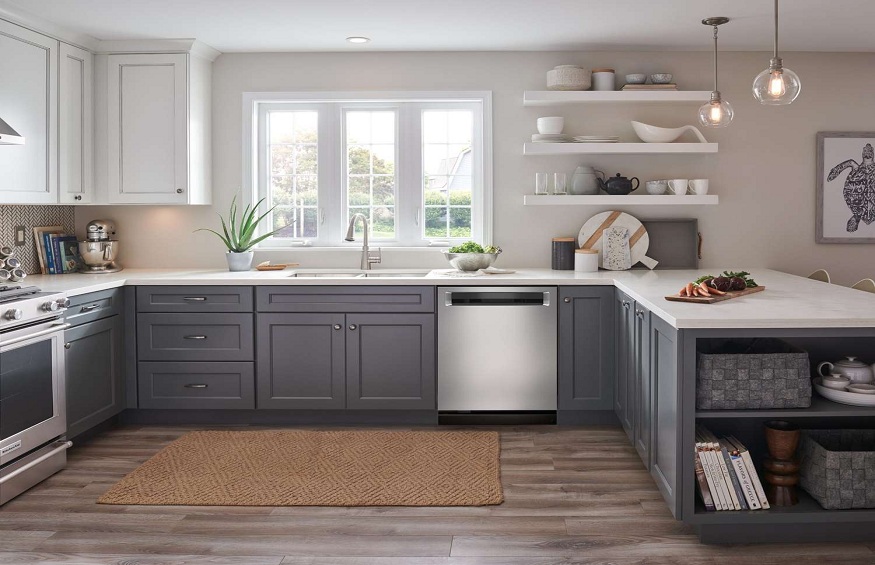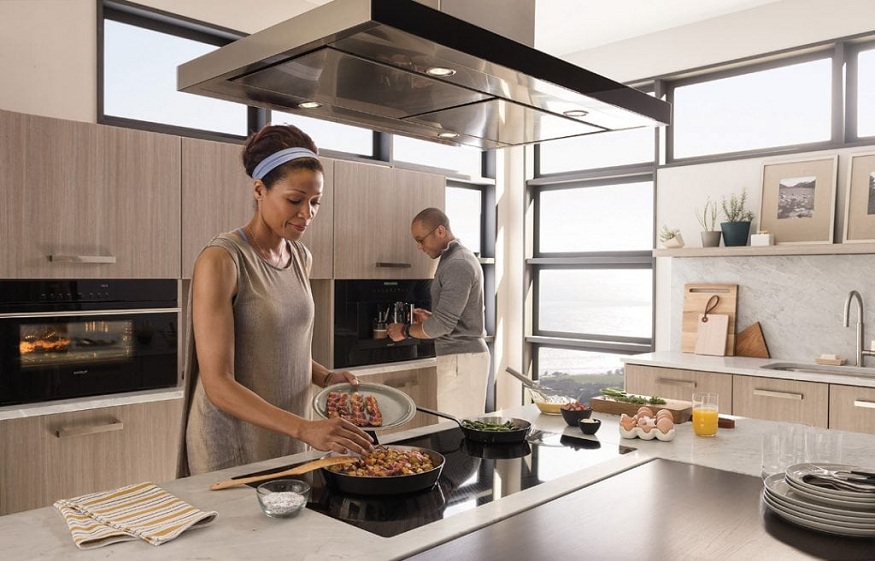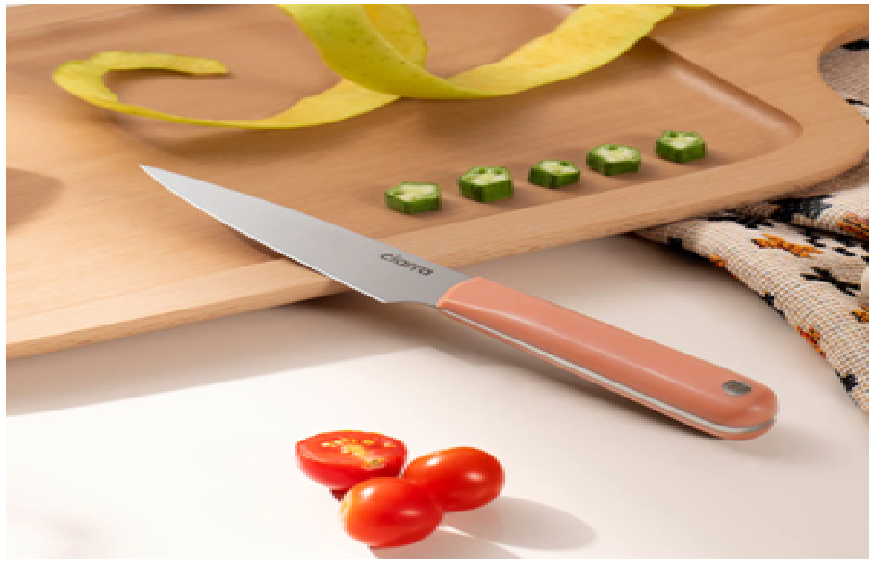When it comes to kitchen remodeling, finding the right balance between aesthetics and functionality is crucial. Aesthetics refer to the visual appeal and design of your kitchen, while functionality focuses on the practicality and usability of the space. It is essential to strike a balance between these two elements to create a kitchen that not only looks beautiful but also functions efficiently.
A well-designed kitchen should not only be visually pleasing but should also provide a practical space for preparing meals, cooking, and entertaining. A kitchen that is aesthetically pleasing but lacks functionality can be frustrating to use on a daily basis. On the other hand, a kitchen that is highly functional but lacks visual appeal may not create an inviting atmosphere.
By achieving a balance between aesthetics and functionality, you can ensure that your kitchen not only looks great but also meets your practical needs. This balance will enhance your overall cooking and dining experience and make your kitchen a space that you enjoy spending time in.
Planning the Layout
One of the first steps in achieving a balance between aesthetics and functionality in your kitchen remodel is to carefully plan the layout. The layout should optimize the use of space and ensure that the kitchen is easy to navigate and work in.
Consider the work triangle concept, which involves placing the sink, stove, and refrigerator in a triangular arrangement. This layout is designed to minimize the distance between these essential kitchen elements, allowing for efficient workflow during meal preparation.
In addition to the work triangle, it is essential to consider other factors such as countertop space, storage, and the overall flow of the kitchen. This will help you create a functional kitchen that is aesthetically pleasing and meets your needs.
Choosing the Right Materials
The materials you choose for your kitchen remodel play a significant role in both the aesthetics and functionality of the space. It is essential to carefully evaluate different materials and consider various factors before making your selection.
Consider Durability and Longevity
When choosing materials for your kitchen, durability and longevity should be key considerations. The kitchen is one of the busiest areas of the home, and the materials need to withstand daily wear and tear.
Opt for materials that are known for their durability, such as quartz or granite countertops, hardwood or tile flooring, and stainless steel sheets or appliances. These materials not only look beautiful but also have the ability to withstand the demands of a busy kitchen.
Evaluate Maintenance and Cleaning Requirements
Another important factor to consider when choosing materials is the maintenance and cleaning requirements. Some materials may require more upkeep and regular maintenance than others.
If you prefer low-maintenance options, consider materials such as quartz countertops, which are non-porous and resistant to stains. Tile flooring with a sealed grout can also be a practical choice as it is easy to clean.
Assess Style and Aesthetic Appeal
While functionality is crucial, aesthetics should also be taken into account when selecting materials. The materials you choose should complement your desired kitchen style and create a cohesive look.
Consider the overall theme or style you want to achieve in your kitchen. Whether you prefer a modern, rustic, or traditional look, select materials that align with that aesthetic. For example, sleek stainless steel appliances can work well in a modern kitchen, while natural stone or wood can bring warmth to a rustic design.
Research Environmental Impact
In today’s environmentally conscious world, it is important to consider the environmental impact of the materials you choose for your kitchen remodel. Look for eco-friendly options that are made from sustainable materials or have a minimal carbon footprint.
Consider materials such as bamboo flooring, recycled glass countertops, or cabinets made from sustainable wood. These choices not only contribute to a greener planet but can also add a unique and stylish touch to your kitchen.
Compare Cost and Affordability
Cost is also a crucial factor to consider when selecting materials for your kitchen remodel. Set a budget and compare the cost of different materials to find options that align with your financial constraints.
While it is important to stay within your budget, keep in mind that investing in high-quality materials can save you money in the long run. Durable materials may require fewer replacements or repairs, ultimately reducing maintenance costs over time.
Optimizing Storage Space
Another important aspect of balancing aesthetics and functionality in kitchen remodeling is optimizing storage space. A well-designed kitchen should provide ample storage for all your utensils, cookware, and pantry items.
Consider incorporating various storage solutions, such as deep drawers, pull-out cabinets, or pantry organizers, to make the most of your kitchen space. This will not only enhance the functionality of your kitchen but also help you keep things organized and easily accessible.
Leveraging Lighting Design
Lighting plays a significant role in both the aesthetics and functionality of a kitchen. Proper lighting design can enhance the overall ambiance, highlight key features, and improve visibility for cooking and food preparation.
Consider a combination of ambient, task, and accent lighting to create a well-lit and inviting space. Install recessed lights or pendant lights above the kitchen island or countertops for task lighting. Use under-cabinet lighting to illuminate workspace areas and add a touch of ambiance with decorative fixtures or dimmable lights.
Integrating Appliances Seamlessly
Choosing Appliances that Blend with the Kitchen Design
When selecting appliances for your kitchen remodel, choose ones that seamlessly blend with the overall design and aesthetic of the space. Stainless steel appliances are a popular choice as they offer a modern and sleek look that complements various kitchen styles.
Installing Built-in Appliances for a Seamless Look
If you want to achieve a streamlined and cohesive appearance, consider installing built-in appliances. Built-in ovens, microwaves, and dishwashers can be integrated into the cabinetry, creating a seamless look and maximizing space.
Concealing Appliances behind Cabinet Panels
To create a clean and uncluttered look, you can choose to conceal appliances behind cabinet panels. This approach works well for refrigerators and dishwashers, allowing them to blend seamlessly with the surrounding cabinetry.
Using Integrated Appliances for a Streamlined Appearance
Integrated appliances are designed to create a visually cohesive and streamlined appearance. These appliances, such as refrigerators or wine coolers, can be concealed behind panels that match the cabinetry, making them virtually disappear.
Ensuring Proper Ventilation for Built-in Appliances
When integrating built-in appliances, it is essential to consider proper ventilation to ensure optimal performance. Consult with a professional to ensure that the appliances are installed correctly and have proper airflow to prevent overheating.
Designing for Accessibility
Accessibility is an important consideration in kitchen remodeling, especially if you have individuals with mobility challenges or disabilities in your household. Designing a kitchen that is accessible for everyone ensures that it can be used comfortably and safely by all.
Consider implementing features such as lower countertops for wheelchair users, lever-style handles on cabinets and faucets for easier operation, and a layout that allows for easy maneuverability. These design elements will make your kitchen more inclusive and user-friendly.
Blending Colors and Textures
Colors and textures are key elements in creating a cohesive and visually appealing kitchen. When selecting colors, choose a palette that complements the overall style and creates a harmonious look.
Consider combining different textures to add interest and depth to your kitchen. For example, pair smooth countertops with textured backsplashes or incorporate a mix of matte and glossy finishes for cabinets.
Creating a Focal Point
Creating a focal point in your kitchen can enhance its aesthetic appeal and draw attention to a particular area or element. This focal point can be achieved through various means, such as a statement backsplash, a kitchen island with a distinct design, or a decorative range hood.
Select a focal point that aligns with your kitchen style and serves as a centerpiece, adding visual interest and personality to the space.
Maintaining a Cohesive Style
To achieve a balanced look in your kitchen remodel, it is important to maintain a cohesive style throughout the space. This means that all design elements, from the cabinets to the flooring to the fixtures, should work together harmoniously.
Choose a specific style or theme and ensure that all the elements you incorporate align with that style. Whether it’s a minimalist, farmhouse, or contemporary design, the key is to create a cohesive and unified look that reflects your personal taste and enhances the overall aesthetic of your kitchen.
Publisher details:
Adar Builders
7659 Louise Ave, Los Angeles, CA 91325, United States
(866) 308-3359
adarbuilders.com
[email protected]
Achieve a perfect kitchen balance – marry aesthetics and functionality. Plan an efficient layout, choose durable materials, design for accessibility, harmonize colors and textures, and maintain a cohesive style for a visually pleasing and practical kitchen. Trust Adar Builders as your reliable kitchen remodeling company in Santa Clarita, CA.
For a complete home remodel in Santa Clarita, CA visit their website.



